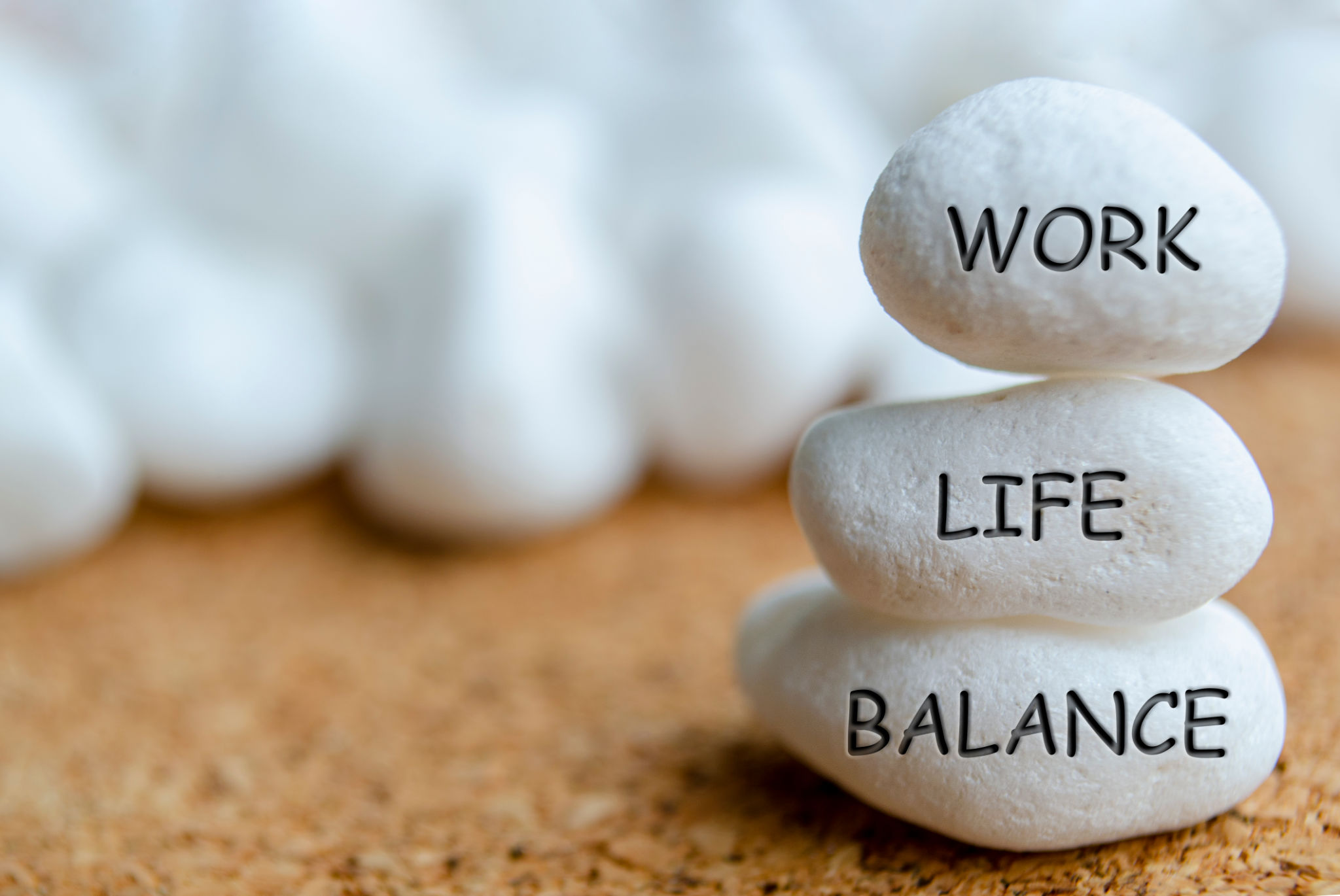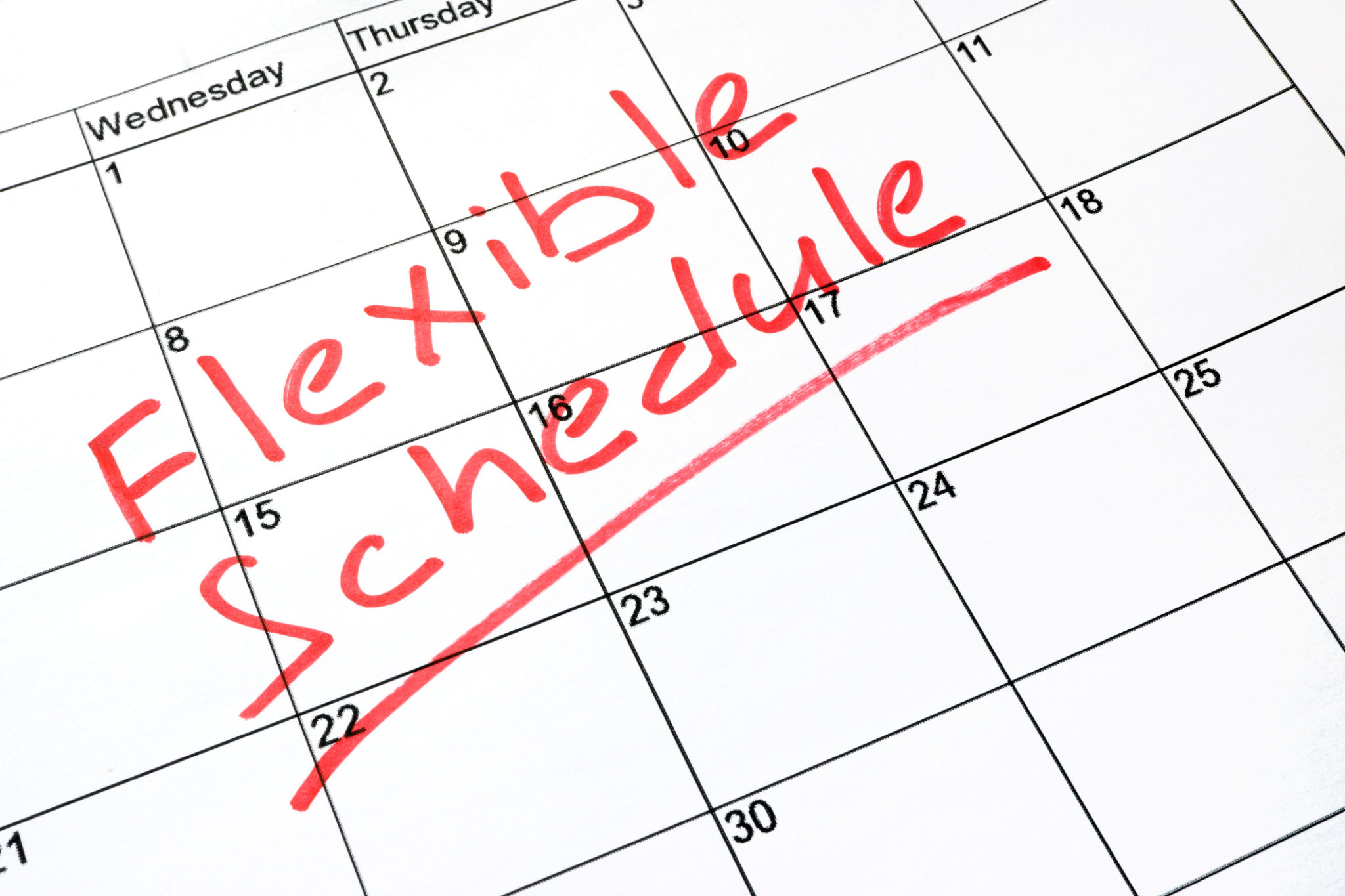Mastering Work-Life Balance: Coaching Strategies for Professionals
Understanding Work-Life Balance
In today’s fast-paced world, achieving a harmonious work-life balance can often feel like an elusive goal. The demands of professional responsibilities frequently spill over into personal time, leaving individuals feeling overwhelmed and stressed. Yet, mastering this balance is crucial for both mental well-being and long-term career success.
Work-life balance is not about dividing hours equally between work and leisure but finding a sustainable rhythm that maximizes productivity while nurturing personal growth and happiness. For professionals seeking guidance, coaching strategies offer valuable insights and tools to navigate this delicate balance effectively.

The Role of Coaching in Achieving Balance
Coaching can be a transformative resource for those striving to improve their work-life equilibrium. Professional coaches help identify individual values, priorities, and goals, enabling clients to make informed decisions about how they allocate their time and energy.
One of the primary strategies coaches use is helping individuals set clear boundaries. This involves defining specific work hours and personal time, ensuring each domain receives appropriate attention without unnecessary overlap. Coaches also encourage clients to establish non-negotiables—activities or commitments that are essential for personal fulfillment and health.
Strategies for Setting Boundaries
Setting boundaries is a fundamental aspect of maintaining work-life balance. Here are some effective strategies:
- Define Work Hours: Clearly outline when you will start and end your workday. Stick to these times as much as possible to prevent work from encroaching on personal time.
- Prioritize Tasks: Use prioritization techniques like the Eisenhower Box or the ABCDE method to focus on tasks that align with your goals.
- Communicate Clearly: Let your colleagues and supervisors know your boundaries, making it clear when you are available for work-related matters.
Embracing Flexibility
While boundaries are essential, flexibility also plays a crucial role in a balanced life. Coaching encourages professionals to remain adaptable, recognizing that life’s demands can change unexpectedly. This flexibility can prevent stress when plans need to be adjusted, ensuring resilience in the face of challenges.

Professionals are encouraged to build routines that can be easily modified. This might mean having a plan B or incorporating buffer time into schedules to accommodate unforeseen events without significantly disrupting the flow of work or personal activities.
The Importance of Self-Care
Coaching strategies also emphasize the importance of self-care in achieving work-life balance. Self-care is not a luxury but a necessity for maintaining physical and mental health. Coaches guide individuals in identifying self-care activities that are meaningful to them, ranging from physical exercise to creative hobbies or meditation.
Integrating self-care into daily routines helps reduce stress levels and improve overall well-being. Professionals are encouraged to view self-care as an integral part of their schedule, not something that can be skipped when times get busy.

Monitoring Progress and Making Adjustments
Finally, successful coaching involves regularly monitoring progress towards achieving balance and making necessary adjustments. Professionals are encouraged to reflect on what strategies are working and which areas need improvement. This ongoing evaluation helps maintain balance over time, adapting to new challenges and opportunities as they arise.
Ultimately, mastering work-life balance is an ongoing journey rather than a fixed destination. With the right coaching strategies, professionals can develop the skills and mindset needed to navigate this journey successfully, leading to a more fulfilling and balanced life.